Orbis Video: https://www.youtube.com/watch?v=gUUVEd7uIbI
STORY
In a distant place, in the Northern corner of the universe, lies a planet very much different than the human world, where the supernatural meets technology. Its history unknown to Humanity, its stories locked in secret, never to be known by the sons of Adam until Eternity arrives. This planet hovers and revolves around nothing, it’s only light source is a light coming from the northernmost part, a heavenly light shining as bright as a new born yellow sun. The planet’s inhabitants are human, yet not human. They once were heavenly creatures, but fell from grace. However, they were deemed too dangerous to walk among the Earth. Hence, they were banished to the planet Orbis, and took on flesh as immortals, stripped of their grace and prone to death. They are known as outcasts, outsiders, the pariah of the host of angels, but they are commonly known as the Forgotten Ones. Now, their human bodies could not contain their immense spiritual strength, and so the excess spiritual essence was dispersed throughout the atmosphere where it became corrupt. Time passed and the corrupt spiritual essence clumped together and manifested itself into all kinds of evil and dangerous creatures, turning the world into a much more hostile place. In response, the immortals raised nations, governments, and armies of their own to combat not only the hostile threats, but also dominance over this world. However, strife and discord has brought these varying nations to the brink of war. Among these nations 8 special group of immortals, elite among all the immortals, have risen in the hopes of leading this world to their vision for Orbis. Yet, an ominous occurrence has shaken the very core of Orbis: The reappearance of “The Messengers” and “The Slanderers”.
The 8 Special groups of Immmortals
The Righteous- While strict in their prosecution of law and order, they follow these precepts to improve the common well-being. Certain freedoms must, of course, be sacrificed in order to bring order; but truth is of highest value, and life and beauty of great importance. The benefits of this society are to be brought to all. They are convinced that order and law are absolutely necessary to assure that goodness prevails, and that good is best defined as whatever brings the most benefit to the greater number of decent, thinking creatures and the least woe to the rest. They believe that an orderly, strong society with a well-organized government can work to make life better for the majority of the people. To ensure the quality of life, laws must be created and obeyed. When people respect the laws and try to help one another, society as a whole prospers. They strive for those things that will bring the greatest benefit to the most people and cause the least harm. They have a strong moral character. Truth, honor, and the welfare of others is all-important. They are also group and order oriented, and will cooperate with authority in all cases to promote the common well-being. In general, however, they promote the ideals and rights of the majority over those of the individual (and this includes himself as well as others) and upholds the rights of the weak and oppressed members of society, who should be allowed to reap society's benefits with equanimity. They feel this is the best way that all members of society can enjoy the rights of existence together. Life is important to them, but life is not exclusive of order, and vice versa. At the heart of a “Righteous” is the belief in a system of laws that promotes the welfare of all members of a society, ensures their safety, and guarantees justice. So long as the laws are just and applied fairly to all people, it doesn't matter to the “Righteous” whether they originate from a democracy or a dictator. They respect the concepts of self-discipline and honor.
The Orthodox- They view regulation as all-important, taking a middle ground between good and evil. This is because the ultimate harmony of the world--and the whole universe--is considered by them to have its sole hope rest upon law and order. Evil or good are immaterial beside the determined purpose of bringing all to predictability and regulation. It is their view that law and order give purpose and meaning to everything. Without regimentation and strict definition, there would be no purpose in the cosmos. Therefore, whether a law is good or evil is of no import as long as it brings order and meaning. They believe in a strong, well-ordered government, whether that government is a tyranny or benevolent democracy. The benefits of organization and regimentation outweigh any moral questions raised by their actions. They will uphold the law regardless of whether it is considered just or not. If the majority of the population disagrees with the practices of the government, then they must use legal means of getting those laws changed. They are concerned with the letter of the law, but rarely the spirit. They also respect the idea of station in life. They will act as they should, given their station. The “Orthodox” normally sees law and order as of prime importance, with the well-being of the group put ahead of the individual on almost every occasion. They see good and evil as immaterial and unimportant in the structuring of the universe into perfect order and harmony, in which lies society's only hope for survival. Thus, personal gratification of needs and desires is well and fine, as long as this doesn't interfere with the ultimate ordering of the cosmos; all other considerations are secondary. Life, to the “Orthodox”, has no meaning without order, and is thus expendable when faced with the choice between it and harmony. They respect the concepts of self-discipline and honor.
The Ascendants- They are great respecters of laws and strict order, but life, beauty, truth, freedom, and the like are held as valueless. By adhering to stringent discipline, they hope to impose their yoke upon the world. They consider order as the means by which each group is properly placed in the cosmos, from the lowest to the highest, strongest first, weakest last. Good is seen as an excuse to promote the mediocrity of the whole and suppress the better and more capable, while lawful evilness allows each group to structure itself and fix its place as compared to others, serving the stronger, but being served by the weaker. They believe in using society and its laws to benefit themselves. Structure and organization elevate those who deserve to rule as well as provide a clearly defined hierarchy between master and servant. To this end, the “Ascendant” supports laws and societies that protect their own concerns. If someone is hurt or suffers because of a law that benefits an “Ascendant”, too bad. They obey the law out of fear of punishment. Ascendants are driven to attain their goals through force, power, and intimidation. Yet they stand apart from the norm, with their own, personal, code of ethics. They will define their terms and live by them, whether anyone else likes it or not. The “Ascendant” seeks to increase his power over others within the hierarchy of the universe, with the strongest first and the weakest last. He holds that strict order is of utmost importance, but he sees it as necessary to further the ends of the deserving (strong ) over the undeserving (weak and worthless). An “Ascendant” is seldom subject to the secular laws of good society in general, as he sees those laws as restrictive and unfair because they deny the worthy their proper place. So-called "good" is seen as a means by which the undeserving are placed and maintained in positions of power, whereas each person should be allotted his place by his leaders according to personal merit. Those too weak to defend their possessions and positions don't deserve to have them in the first place. They respect the concepts of self-discipline and honor.
The Benefactors- They believe that there must be some regulation in combination with freedoms if the best is to be brought to the world--the most beneficial conditions for living things in general and intelligent creatures in particular. They see the cosmos as a place where law and chaos are merely tools to use in bringing life, happiness, and prosperity to all deserving creatures. Order is not good unless it brings this to all; neither is randomness and total freedom desirable if it does not bring such good. They value both personal freedom and adherence to laws. They feel that too many laws may unnecessarily restrict the freedom of good beings. They also believe that too much freedom may not protect society as a whole and encourage counterproductive divisions and in-fighting. They promote governments which hold broad powers, but do not interfere in the day-to-day lives of their citizens. They value life and freedom above all else, and despise those who would deprive others of them. They sometimes find themselves forced to work beyond the law, yet for the law, and the greater good of the people. They are not vicious or vindictive, but are people driven to right injustice. They always attempt to work within the law whenever possible, however. Life and the assurance of other creatures' rights take precedence over all else. This is not to say that they will have an aversion to taking another's life when faced with a choice between an attacker's and his own, however. For a “Benefactor”, rarely will either the needs of the many or the personal desires of an individual outweigh the needs and rights of any other creature. All life is given even-handed treatment. With respect to law and chaos, self-reliance is a cornerstone of a “Benefactor”. They are indifferent to the concepts of self-discipline and honor, finding them useful only if they promote goodness.
The Malefactors- They view law and chaos as unnecessary considerations, for pure evil is all-in-all. Either might be used, but both are disdained as foolish clutter useless in eventually bringing maximum evilness to the world. They hold that neither groups nor individuals have great meaning, and that seeking to promote well-being for all actually brings woe to the truly deserving. Natural forces which are meant to cull out the weak and stupid are artificially suppressed by so-called good, and the fittest are wrongfully held back, so whatever means are expedient can be used by the powerful to gain and maintain their dominance, without concern for anything. They are primarily concerned with themselves and their own advancement. The “Malefactor” is an unscrupulous, self-serving person who is only out for himself. Power, glory, wealth, position, and anything that will make his life more comfortable is his goal. It matters not who gets caught in the middle, as long as he comes out smelling like a rose. This person will lie, cheat, and kill anyone to attain his personal goals. At the root of the Malefactor’s personality is the word "wicked." Evil is his goal; natural and man-made forces, if allowed to take their course, weed out the weak and useless in society. The deserving should take advantage of this condition to further their own goals by any means possible, especially to destroy weaklings who put forward "good" actions to promote the well-being of all, which is just an excuse used to deny the deserving their due. To the "Malefactor", life is of no value, for those who cannot take advantage of their superiority don't deserve it, and they'll only interfere with the rightful pursuits of those who do. They are indifferent to the concepts of self-discipline and honor, finding them useful only if they can be used to advance their own interests or gain power over others.
The Liberators- While they view freedom and the randomness of actions as ultimate truths, they likewise place value on life and the welfare of each individual. Respect for individualism is also great. By promoting the philosophy of the "Liberator", they seek to spread their values throughout the world. To them, freedom and independence are as important to life and happiness. They view this freedom as the only means by which each creature can achieve true satisfaction and happiness. Law, order, social forms, and anything else which tends to restrict or abridge individual freedom is wrong and to be done away with, and each individual is capable of achieving self-realization and prosperity through himself/herself. “Liberators” are strong individualists marked by a streak of kindness and benevolence. They believe in all the virtues of goodness and right, but they have little use for laws and regulations. They have no use for people who "try to push folk around and tell them what to do." Their actions are guided by their own moral compass which, although good, may not always be in perfect agreement with the rest of society. They believe that life has no grand plan, but each creature's spirit is essentially noble and good. Each being must follow his own conscience. By performing good acts the individual can hope to alleviate the suffering and anguish of others, whether caused by random or structured acts. The “Liberator” has a "beatific" attitude toward existence. The inviolable right of the individual to seek his own pleasures is one of the cornerstones of society; but, being good, the “Liberator” will not tread on others to get his own way, for he feels that every other creature has the right to the pursuit of pleasure as well. Life is valuable, but without sufficient personal freedom it is demeaned. Life and freedom are the foundation of the universe. They do not respect the concepts of self-discipline and honor, because they believe such concepts limit freedom to act.
The Independents- Above respect for life and good, or disregard for life and promotion of evil, the “Independent” places randomness and disorder. Good and evil are complimentary balance arms. Neither are preferred, nor must either prevail, for ultimate chaos would then suffer. This view of the cosmos holds that absolute freedom is necessary. Whether the individual exercising such freedom chooses to do good or evil is of no concern. After all, life itself is law and order, so death is a desirable end. Therefore, life can only be justified as a tool by which order is combated, and in the end it too will pass into entropy. They believe that there is no order to anything, including their own actions. With this as a guiding principle, they tend to follow whatever whim strikes them at the moment. Good and evil are irrelevant when making a decision. “Independents” like to indulge in everything. This is the insurgent, the con-man, gambler, and high roller; the uncommitted freebooter seeking nothing more than self-gratification. This type of person will at least consider doing anything if they can find enjoyment or amusement. Life has meaning, but theirs has the greatest meaning. According to them, laws and rules infringe on personal freedom and were meant to be broken. The “Independent” is constantly teetering between good and evil, rebelling, and bending the law to fit his needs. “Independents” tend to believe in luck and chance, rather than fate or destiny. They don't care what happens to others, yet will not necessarily go out of their way to harm others. They view ultimate freedom and disorder as most desirable. They see good and evil in a secondary role, and neither should be allowed to interfere with pure chaos. Thus, respect for others does not stand in the way of the pursuit of individuality. They do not respect the concepts of self-discipline and honor, because they believe such concepts limit freedom to advance their self-interest.
The Sybaritics- The major precepts of a “Sybaritic” are freedom, randomness, and woe. Laws and order, kindness, and good deeds are disdained. Life has no value. By promoting chaos and evil, they hope to bring themselves to positions of power, glory, and prestige in a system ruled by individual caprice and their own whim. The “Sybaritic” holds that individual freedom and choice is important, and that other individuals and their freedoms are unimportant if they cannot be held by the individuals through their own strength and merit. Thus, law and order rends to promote not individuals but groups, and groups suppress individual volition and success. “Sybaritics” are the bane of all that is good and organized. They are motivated by the desire for personal gain and pleasure. They see absolutely nothing wrong with taking whatever they want by whatever means possible. Laws and governments are the tools of weaklings unable to fend for themselves. The strong have the right to take what they want, and the weak are there to be exploited. This is the category where the megalomaniacs, and the violent and most despicable characters fall. This is the cruel, brutal killer who trusts no one and has no value for anyone or anything that gets in his way. The “Sybaritics” also like to corrupt the innocent and virtuous. People are play-things to them, to be used and manipulated for their own personal pleasure. "Sybaritics" don't necessarily go after individuals just because they stand in the way of their success, they will harm or destroy people for the sheer pleasure of it. The “Sybaritic” seeks personal freedom at the expense of those who aren't smart, capable, or ruthless enough to get what they want. If what this being wants will come only at the price of the freedom and happiness (not to mention the lives) of others, so be it. They do not respect the concepts of self-discipline and honor, because they believe such concepts limit their ability to gain power over others.
Rules
Players are to choose a faction and occupation, and set out on a journey to fight monsters, fight other factions, establish your faction in nations, and investigate the entities known as “The Messengers” and “The Slanderers”.
You can submit up to two character sheets both of which must be of a different faction. Players are free to choose whichever faction they want. You do not need to choose another faction simply because another person chose the faction you wanted.
You cannot be the leader of that faction, at least not in the beginning, but later down the road if you choose to.
You can create two more main characters if you wish, and as many NPCs as you want for your story.
You can start your characters as part of a group or solo.
Though your characters belong to a certain faction, they do not necessarily have to act strictly according to their faction’s values. Your characters may even act as hypocrites within their factions, claiming to follow a certain faction while acting contrary to its principles. Your character can also act according to what they believe their faction’s principles guide them to act. These are your characters, so do as you see fit.
Not all factions are against one another. Although all factions see each other as enemies, your characters of differing factions may act as temporary allies. For example, the Benefactors may be allies with either the Righteous or the Liberators. The Orthodox may be allies with either the Righteous or the Ascendants. The Malefactors may be allies with either the Ascendants or the Sybaritics. And the Independents may be allies with either Liberators or the Sybaritics.
Setting
Anywhere in Orbis that you desire. You take part in world-building so during your journey you can name your locations, name the nations you travel to, and name the creatures you encounter.
Character Sheet
Name:
Gender:
Faction:
Occupation: (Warrior, Priest, Rogue, Knight, Bowman, Soldier, etc.)
Weapon of choice: (Sword, Staff, Dagger, Lance, Bow, Gun, etc.)
Supernatural power: (only one power)
Appearance:
My characters
Name: Adira Enelysia
Gender: Female
Faction: The Righteous
Occupation: Warrior
Weapon of choice: Scimitar (spare scimitar for duel-wielding)
Supernatural Power: Lightning power
Appearance:
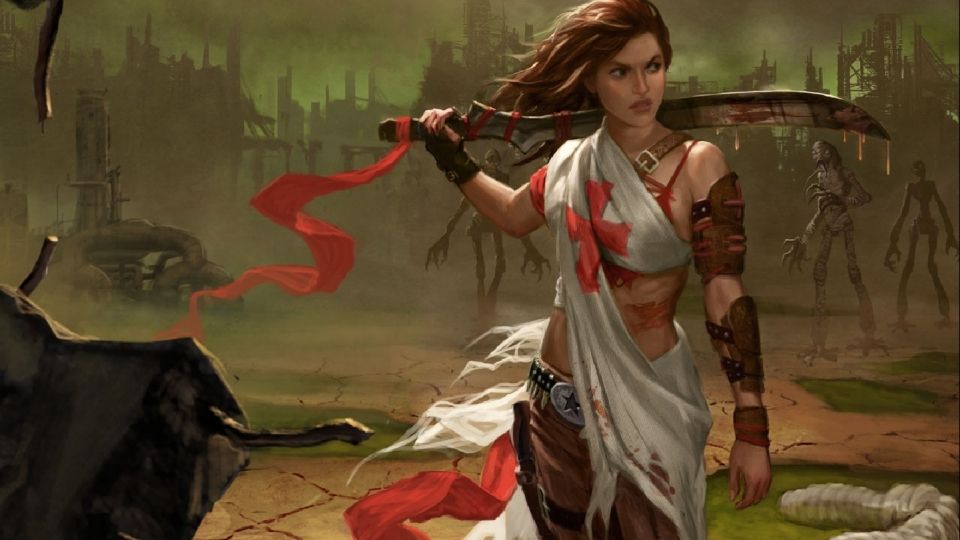
Name: Avira Elutheria
Gender: Female
Faction: The Liberators
Occupation: Rogue
Weapon of choice: Katana (spare wakizashi for duel wielding)
Supernatural Power: Teleportation
Appearance:
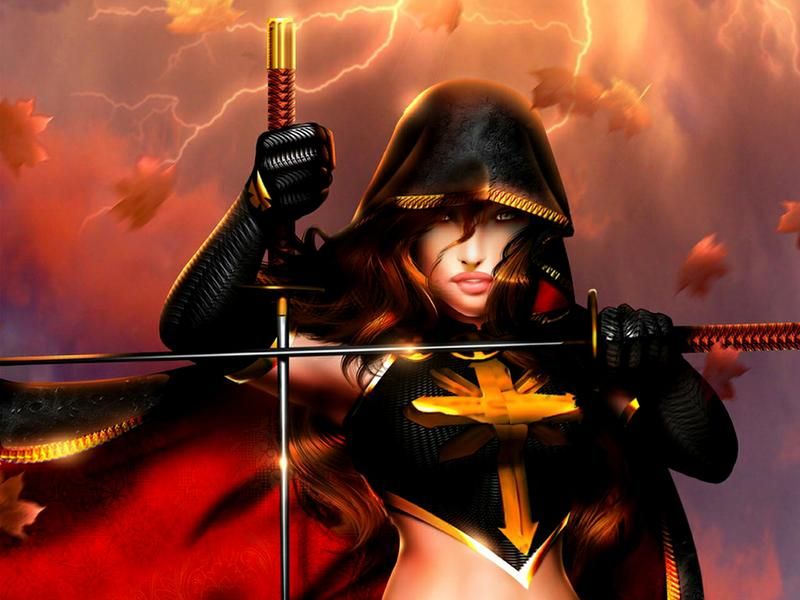

 Hebrews 13:2 Do not forget/neglect to entertain (show hospitality to) strangers, for by so doing some people have entertained angels without knowing it.
Hebrews 13:2 Do not forget/neglect to entertain (show hospitality to) strangers, for by so doing some people have entertained angels without knowing it.




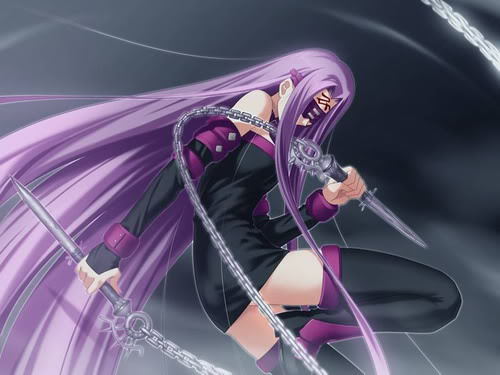

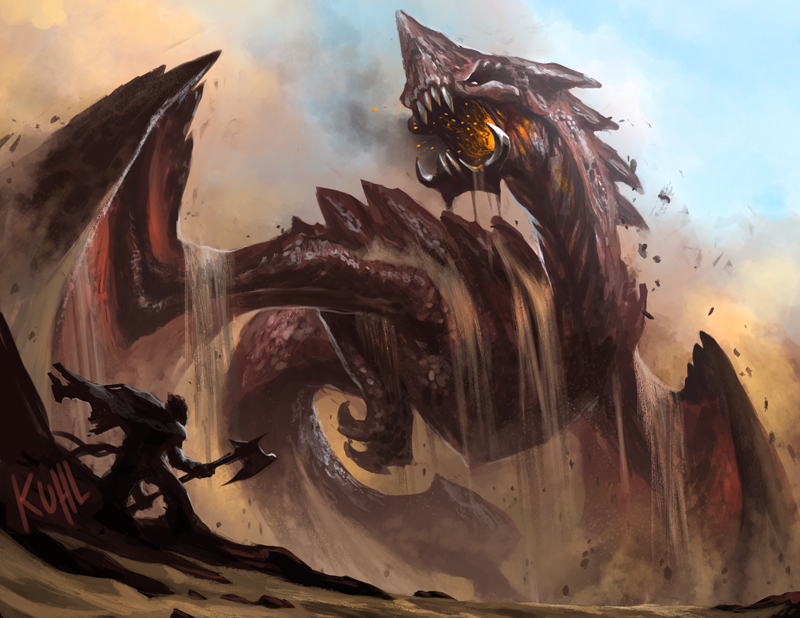



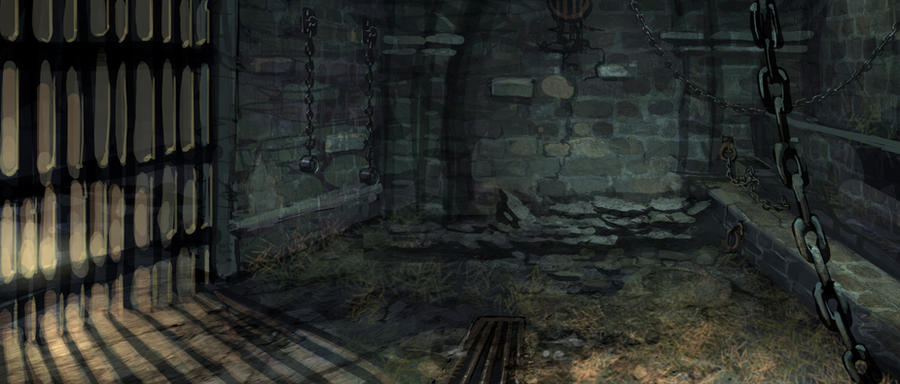
 Just forcing a bit of fun interaction. Our diverging paths will have to converge eventually. On a side note, your posts seem to suggest that events happening in my posts are already fully known, as if your story is a few days ahead of mine. Liez and Avira haven’t even had their discussion yet. It’s a bit dizzying.
Just forcing a bit of fun interaction. Our diverging paths will have to converge eventually. On a side note, your posts seem to suggest that events happening in my posts are already fully known, as if your story is a few days ahead of mine. Liez and Avira haven’t even had their discussion yet. It’s a bit dizzying.